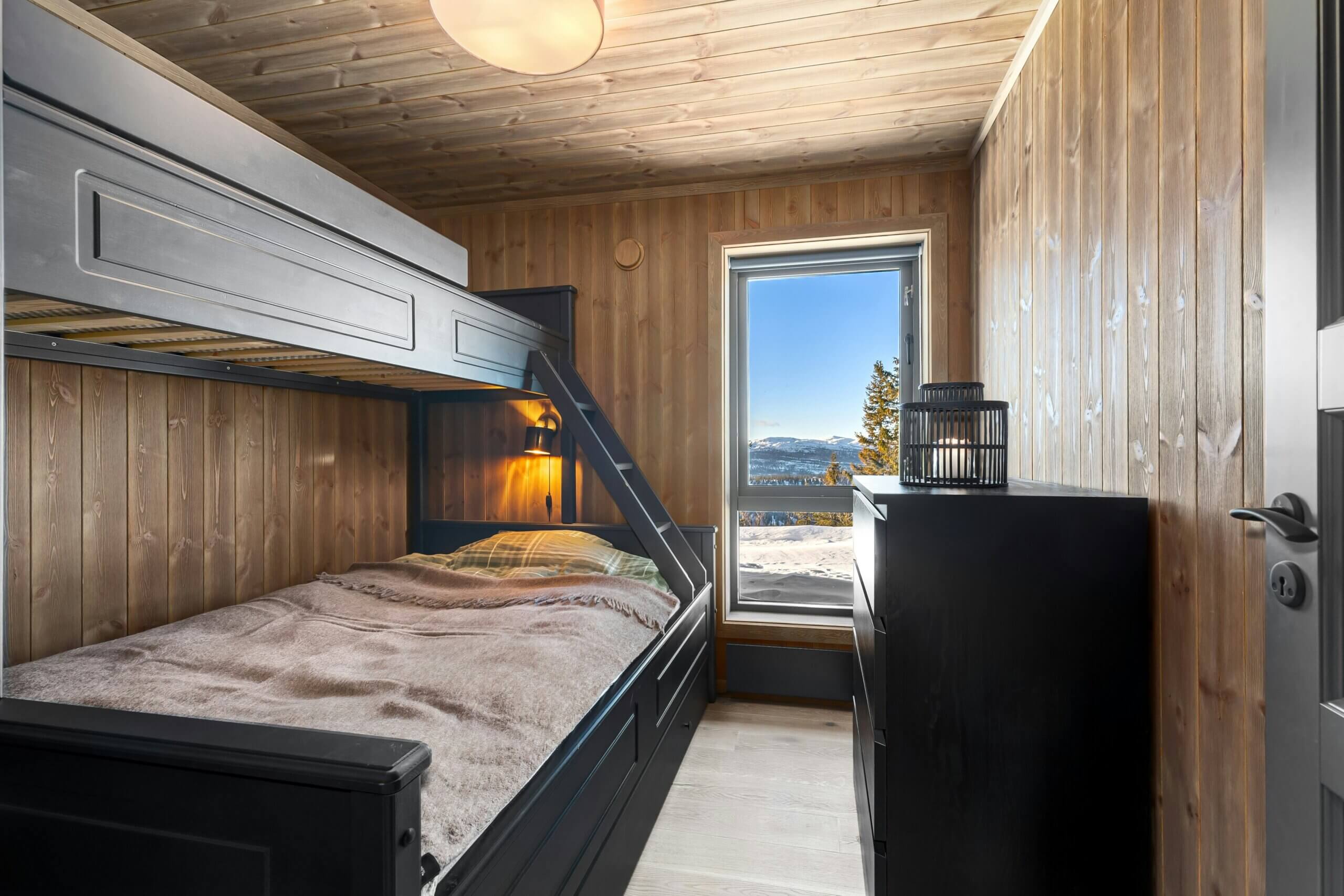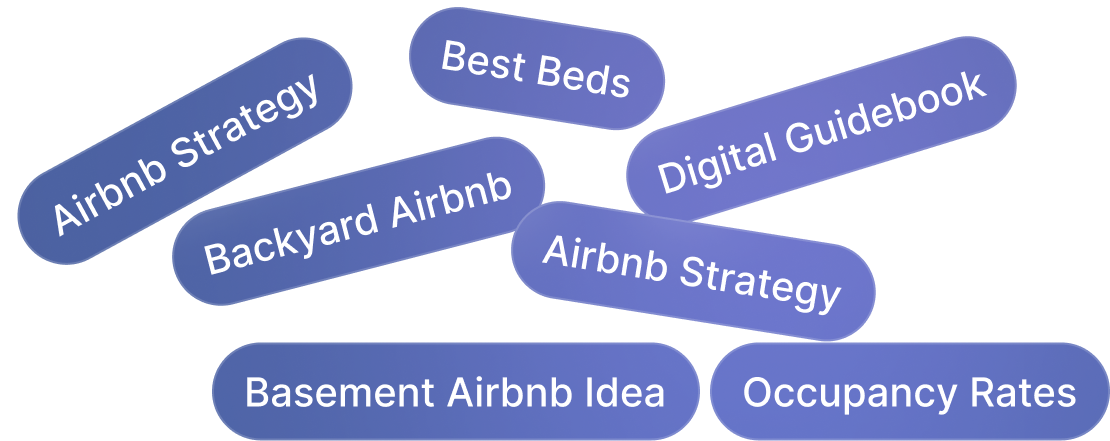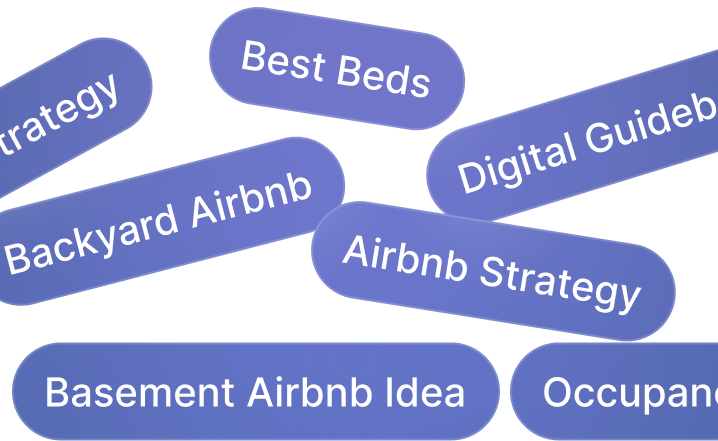Unfortunately, issues are going to arise when hosting. Luckily, you can minimize how often you get some of the most common Airbnb complaints by being prepared. This blog post will cover seven of the most common complaints from guests and help you avoid them from even happening in the first place.
Host Tools provides an automated, unified calendar for short-term rental hosts, allowing you to seamlessly list on all major channels. Start your free trial today!
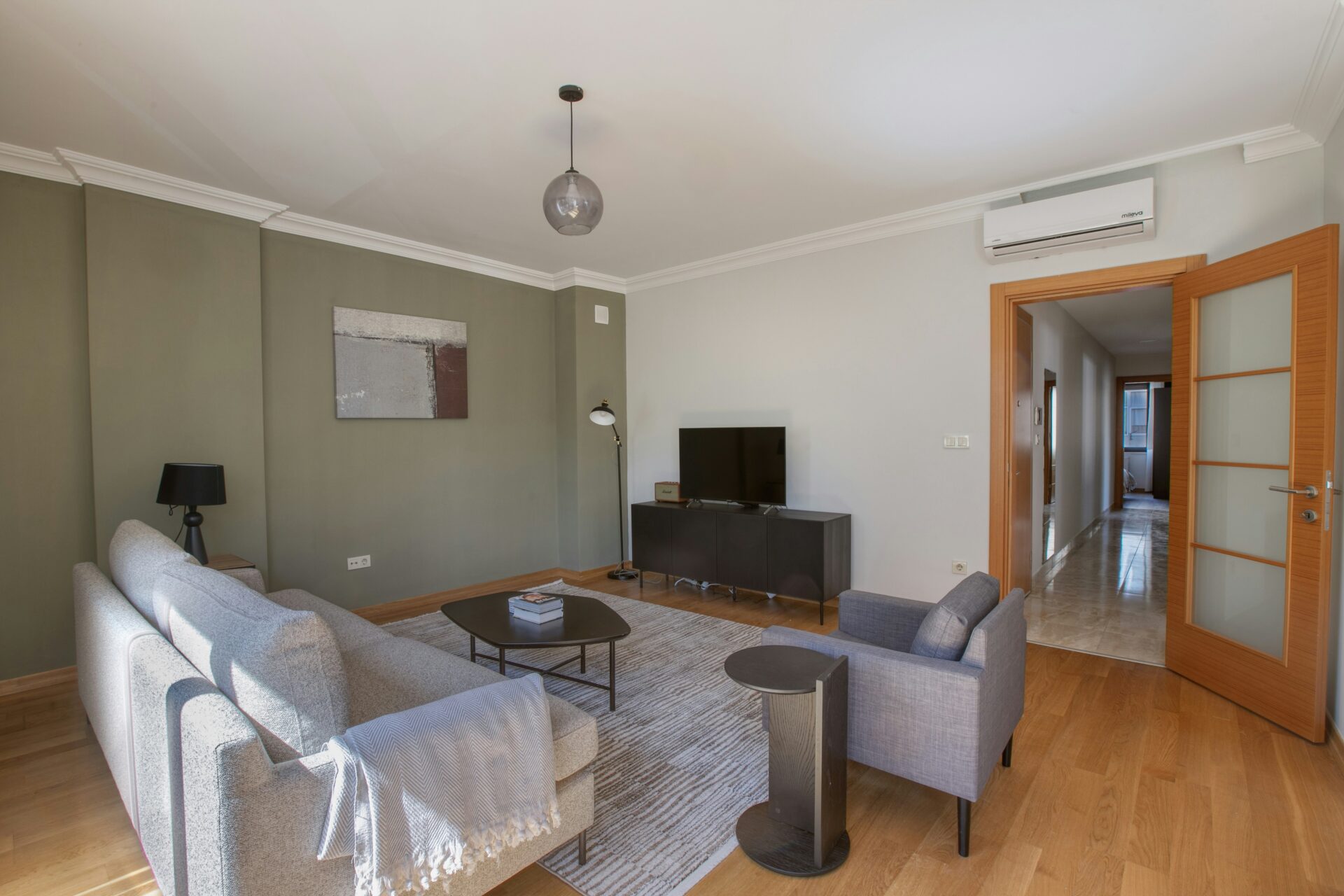
1. Poor communication
Poor communication from hosts often tops the list of complaints about Airbnb from guests. Guests expect you to answer their questions almost immediately and with very clear responses. When it takes a host even an hour to reply to an urgent matter (such as check-in issues!), this can breed resentment and make the guest a lot less likely to leave you a positive review.
Set up automated messaging to handle routine inquiries instantly. Platforms like Host Tools can send welcome messages, check-in instructions, and local recommendations without manual intervention. This ensures guests receive important information even when you’re unavailable. Include details in your house manual about Wi-Fi, how to use certain appliances, parking information, and emergency contacts. Additionally, use Host Tools AI auto-replies to keep your response times high.
2. Cleanliness
There is nothing worse than a long travel day and then arriving at a property that hasn’t been cleaned. It’s terrible, there’s no way around it. If a guest arrives at a home where the sheets haven’t been washed, there are stains on the towels, or it’s obvious the bathroom hasn’t been cleaned, you’ll likely have to issue a refund. Not having a clean property tells guests that you don’t care about their experience. Make a solid cleaning checklist and give it to your cleaning team. With Host Tools, you can even automate your cleaning schedule so you don’t need to worry about it every time a guest checks out.
3. Security
If a guest doesn’t feel safe, they aren’t going to relax and enjoy their stay. In fact, they may even cancel their stay, and you might be on the hook for a refund in these scenarios. A reason a guest might not feel safe could be broken locks, smoke detectors or carbon monoxide alarms that don’t work, or really poor lighting.
Install smart locks to eliminate key-related security issues and provide guests with unique access codes for each stay. This technology also creates entry logs that can resolve disputes about property access or damage timing. Test smoke detectors, carbon monoxide alarms, and fire extinguishers regularly. Keep documentation of these tests for insurance and legal purposes. Provide adequate lighting around entrances, parking areas, and pathways. Motion-sensor lights are a great way to keep guests safe when they are arriving or leaving the property in the dark.
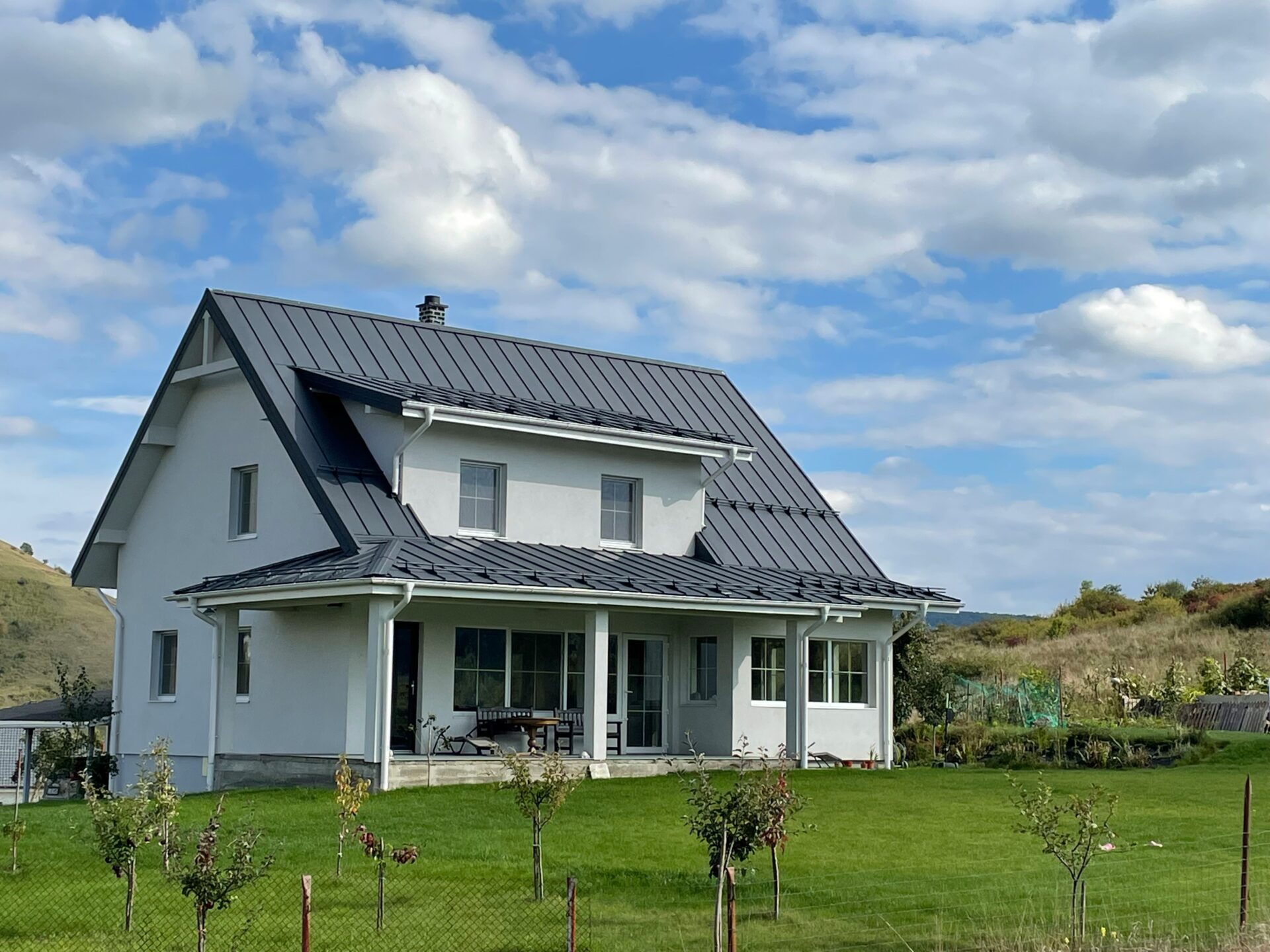
4. Misleading listings
It’s a big red flag when your property doesn’t match up to the photos or the listing descriptions. Frankly, it’s not cool to mislead guests like that. If the listing is different enough from the description, it is possible that you will need to return their money. Also make sure that your photos are up-to-date and information about amenities is current.
5. Location
Location, location, location! The old saying rings true. If there are accessibility issues reaching your property, you need to disclose that. If your listing is near a busy city center where there is a lot of noise or ongoing construction, it is in your best interest to share that info.
6. Issues adjusting calendars
Tech issues with the booking process can be really frustrating for guests. Whether it’s trying to book the stay itself or make some changes, if the tech isn’t working, guests are going to get frustrated. Additionally, if your calendar isn’t synced across platforms, you could end up double-booking a guest, and then you have a real problem on your hands.
7. Not obvious pricing
There is no worse feeling than going to make your reservation for a property and then getting to the check-out and seeing a bunch of additional fees added on. Avoid hidden fees, or else you may encounter guests who abandon their booking. Break down all fees clearly in your listing description. Explain cleaning fees, extra guest charges, and any other costs that might apply to their reservation. Keep additional fees reasonable and justifiable.
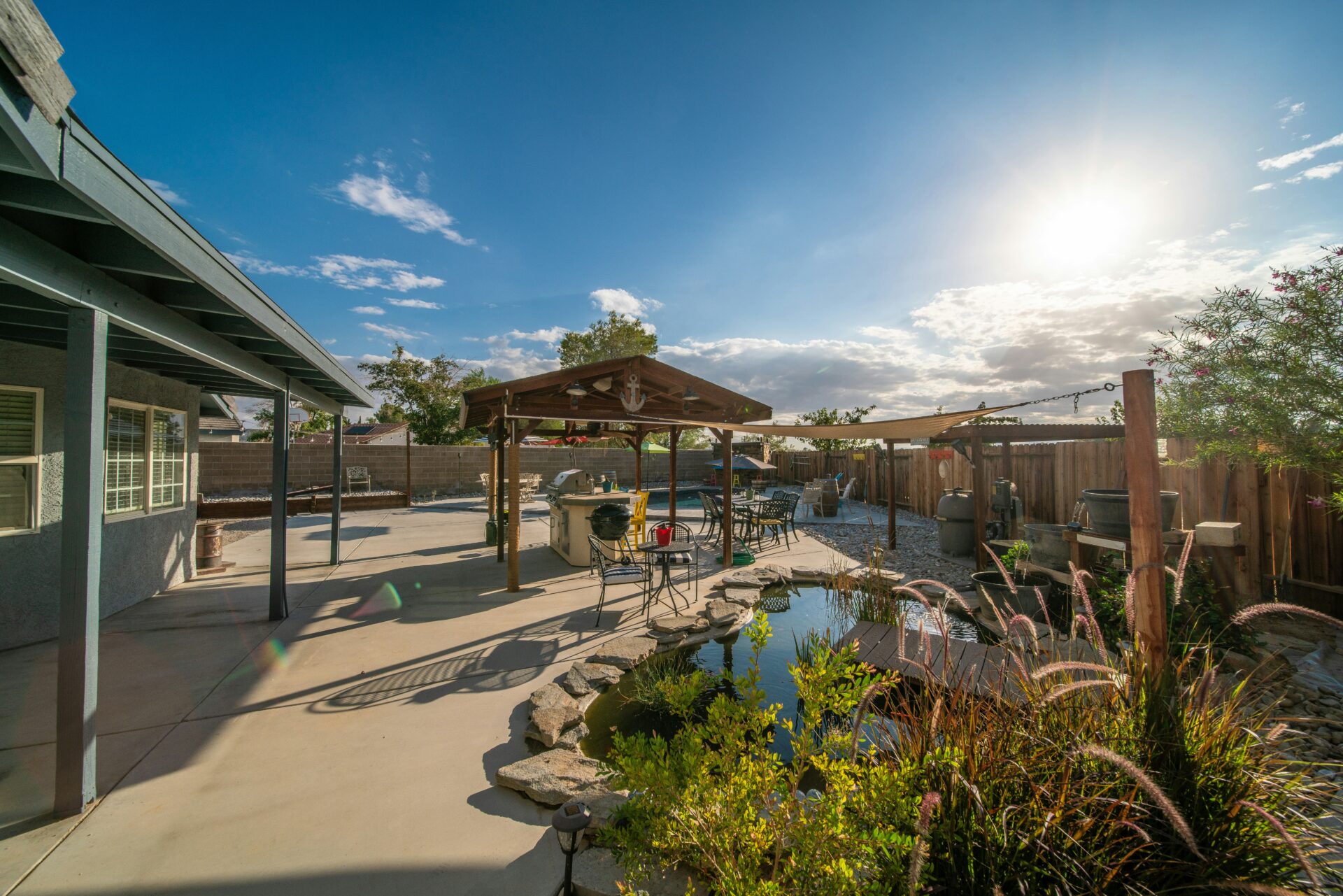
Preventing a problem before it begins is the best type of damage control. Of course, we understand some issues are unavoidable. To help handle these common complaints about Airbnb from guests, be sure to automate as many of your systems as possible with Host Tools. You’ll never miss messages, turnovers, or have issues with double bookings. The best hosts understand that preventing the problem from even happening in the first place is the best type of host. Take on these complaints head-on before they even arise, and you’ll be set up for success.
Host Tools provides an automated, unified calendar for short-term rental hosts, allowing you to seamlessly list on all major channels. Start your free trial today!

